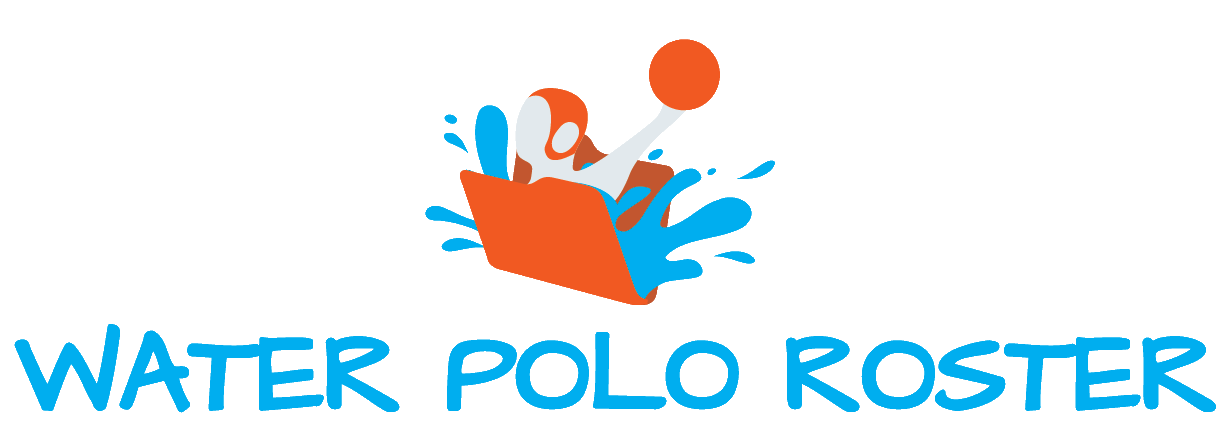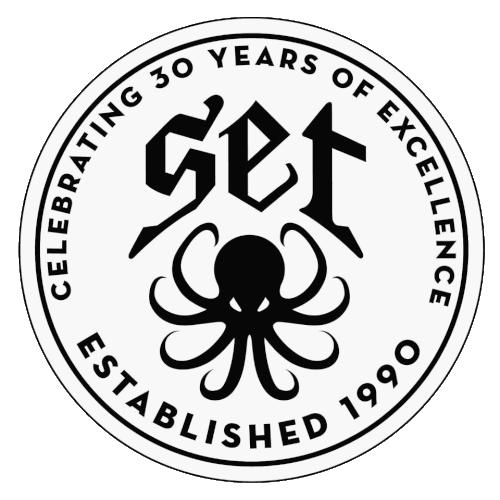Do You Know How to Prioritize Effort Over Outcome?
As an athlete, you know that not every competition will end with a win. In fact, there will almost always be something in a race, competition, or match that doesn't go your way. That can be emotionally difficult, but even in these challenging moments, sportsmanship is critical. Lack of sportsmanship can have long-term effects on your mental well-being and your success on teams, as well as lead to coaches not wanting to recruit or retain you in the future.

When it comes to sportsmanship, TrueSport Expert and Assistant Director of Sport Psychology and Wellness Services (SPAWS) at Ohio State University, Charron Sumler, PhD, LPCC, likes starting with the three E's: prioritizing effort over outcome, practicing emotional regulation, and developing and using effective communication. For athletes, it can be especially beneficial to focus on the work you're putting in to build and improve as an athlete rather than your outcomes.
In other words, focusing on the things you can control will empower you, while focusing on the things you can't control can increase frustration and emotional turmoil. Without strategies to manage emotions in sport, athletes are more likely to forget their core values and behave in inappropriate ways.
Here, Sumler shares a few ways to start prioritizing your effort and your process so that sportsmanship comes easily. And you may be pleasantly surprised that this shift in focus can actually lead to better outcomes too!
Set process goals
You've likely heard about process goals versus outcome goals. Process goals, which are related to the effort you put in rather than a result that you achieve, are small steps that you can focus on. They are things within your control that will help you achieve the outcome you're hoping for, like showing up early at practice every day so you can do those stretches your physical therapist recommended. On the other hand, outcome goals are entirely results-based, like winning a tournament.
If things aren't going your way and you're not seeing the results you wanted, you may find yourself lacking motivation, feeling burnout, and getting frustrated, says Sumler. These feelings can easily impact how you show up on the field, both with your teammates and competitors. Poor sportsmanship is often the result of personal frustration, lack of emotional regulation skills, and self-worth attached to outcomes.
So, how can you start focusing on your effort? It does take some work if you're used to being entirely results-driven. "I encourage athletes to keep a practice journal and write down three things that they did well after every practice," says Sumler. "That helps an athlete practice seeing where they're putting in good effort, even if it's small like hydrating enough or encouraging a teammate who needed it." Over time, your brain will begin to notice positive effort in the moment, which will increase motivation, decrease frustration, and help you to behave from your core values instead of emotions.
Check your ego
"We engage in certain tasks that we know make us feel good," says Sumler. When you're focused on only doing what you're already good at, you're approaching sport from an 'ego oriented' position. "When your relationship to a sport is ego-oriented, you're doing it because you get a lot of validation," Sumler says. This is great when things are going well for you, but when you start to struggle or you have a bad game, it can be hard to stay motivated, positive, and respectful. This is when sportsmanship is most likely to suffer.
Sumler instead recommends developing a 'task orientation' to your sport. If you're in a task-oriented state, you're more focused on your effort and less focused on how well you are performing in the eyes of others.
Know your why

One of the easiest ways to bring your focus back to enjoying the effort and practicing sportsmanship is to revisit the reason that you're involved in the sport in the first place. "Everyone's 'why' will be different, and it may change over time," says Sumler. "Knowing your 'why' can help you stay grounded in moments when you're frustrated or more likely to lash out."
To identify your 'why,' Sumler suggests simply asking, 'What do I want to get out of this season? At the end of the season, what areas do I want to see growth in?' Many athletes experience moments when they question their sport or even themselves. Without healthy coping strategies, this doubt and insecurity can lead to blaming and attacking others. Athletes are more likely to overcome these challenges with a solid understanding of their "why," which encourages a focus on self rather than others.
Don't lose your identity beyond sports
Finally, it can be extremely helpful to develop your identity outside of the sporting arena, as this can truly change the way you view your sport and how well you bring your best self to the field. Not only do other passions and hobbies make you a more well-rounded person, it also can be an emotional buffer when things aren't going well in sport, whether you're ill or injured, you lost a major competition, or you're just feeling stuck. It can also help you redefine your relationship with success.
"Oftentimes, an athlete will have their main sport where they are seeing successes and achievements," says Sumler. "But for that athlete, it's important to have an activity where there isn't any external validation, like learning to paint or play guitar."
Trying a new hobby or coming back to an old hobby can help you see that effort is more important than outcome. Your joy from learning to play guitar comes from hearing a song come together, not scoring a certain number of goals. "These hobbies help you get more comfortable with task orientation, rather than only doing things that build up your ego," she adds.
___________________________
Takeaway
Focusing on effort rather than outcome is critical to your happiness as an athlete, which helps ensure that you bring your best self to each practice and competition. This mentality also translates into better sportsmanship with your teammates and competitors.
About TrueSport
TrueSport®, a movement powered by the experience and values of the U.S. Anti-Doping Agency, champions the positive values and life lessons learned through youth sport. TrueSport inspires athletes, coaches, parents, and administrators to change the culture of youth sport through active engagement and thoughtful curriculum based on cornerstone lessons of sportsmanship, character-building, and clean and healthy performance, while also creating leaders across communities through sport.
For more expert-driven articles and materials, visit TrueSport's comprehensive library of resources.
This content was reproduced in partnership with TrueSport. Any content copied or reproduced without TrueSport and the U.S. Anti-Doping Agency's express written permission would be in violation of our copyright, and subject to legal recourse. To learn more or request permission to reproduce content, click here.


